Super Fruits
You’ve heard of Superfoods, but…Superfruits? Not every fruit qualifies. Those deemed “super” by nutrition scientists are packed with antioxidants, fiber, vitamins and minerals, and other nutrients that can help you live longer, look better, and even prevent disease.
One caveat: Superfruits are best consumed whole, not processed. So if possible, try to buy and eat these fruits fresh. Experts estimate that you should be eating five to nine portions of fruit or vegetables a day, and most of them should be Superfruits.
Freeze dried fruit contains all the nutritional benefits of fresh fruit, only the water has been removed. On average 5-10kg of fresh fruit is used to create 1kg of freeze dried fruit.
Therefore the daily intake of 80g serving size as part of your 5 a day is easilyconsumed with approximately 8g-16g of freeze dried fruit!
Apple
View Apple productsPromotes heart health: Apples contain a type of soluble fibre, known as pectin, that has been linked to lower levels of bad cholesterol.
Helps reduce risk of type 2 diabetes: It has been reported that women who consume at least one apple a day are 28% less likely to develop type 2 diabetes as apples are loaded with soluble fibre – the key to blunting blood sugar swings.
Prevent breathing problems: On the same note, consuming 5 or more apples a week has been linked with better lung function most likely because of an antioxidant called quercetin found in the skin of the apples.
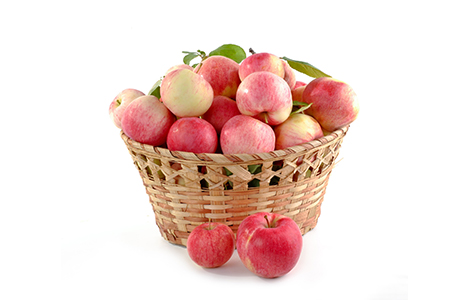
Pomegranate
View Pomegranate productsImpressive anti-inflammatory effects: Pomegranate has potent anti-inflammatory properties. Test tube studies have shown it can reduce inflammatory activity in the digestive tract.
Help to maintain healthy blood flow: Pomegranate contains some iron, a mineral needed to make red blood cells in our body. A deficiency in iron can cause anaemia, resulting in symptoms such as exhaustion, dizziness and weakness.
Guards memory and brain function: Studies have reported memory and other cognitive benefits of polyphenols, which are found abundantly in pomegranate seeds and their juice. A small study suggested that pomegranate juice may play a potential role in memory function, through showing increases in task-related brain activity among older adults.
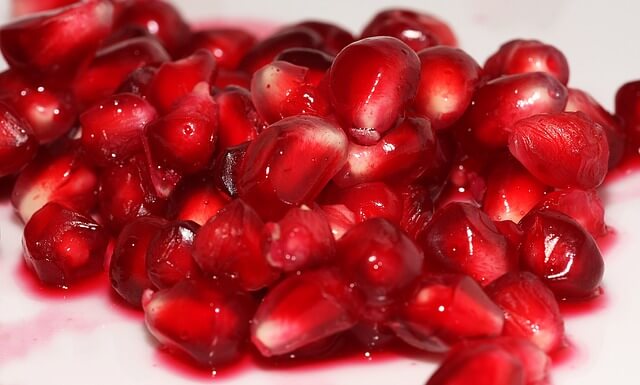
Kiwi
View Kiwi productsBenefits
Aids digestion: Kiwi has plenty of fibre, which is good for digestion. It is also low in fermentable oligosaccharides, disaccharides, monosaccharides and polyols – otherwise known as FODMAP – suitable for people with irritable bowel syndrome.
Boosts immune system: Vitamin C is an essential nutrient when it comes to boosting your immune system to ward off disease. Just one cup of kiwi is able to provide you about 273% of your recommended daily intake of vitamin C, strengthening the immune system.
Healthy skin: The vitamins present in kiwi (C and E) are said to be great for the skin as they act as antioxidants to prevent skin degradation. Vitamin C is essential for collagen synthesis, ie. the process of collagen production.
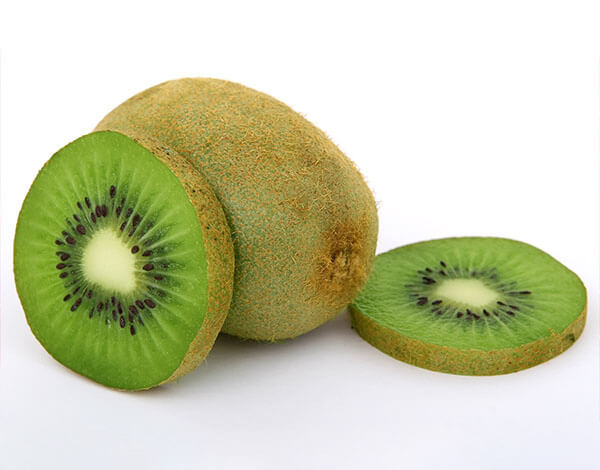
Blueberry
View Blueberry productsHealthy heart: Studies suggest that the high content of anthocyanins in berries may help counter the build-up of plaque in arteries and improve cardiovascular health. Also, the antioxidants in blueberries have been linked to reduced levels of oxidised LDL (often referred to as the ‘bad’ cholesterol), a major risk factor for heart disease.
May help protect the brain: Blueberries may aid in improving memory and delaying cognitive problems frequently associated with ageing. Studies on blueberry intake suggest that this is likely due to blueberries’ vast array of antioxidant nutrients that help to protect the nerve cells from oxygen damage.
Reduce free radical damage: DNA damage is part of the reason we age, and it also plays an important role in the development of diseases like cancer. Because blueberries are high in antioxidants, they can help neutralise some of the free radicals that cause damage to our DNA.
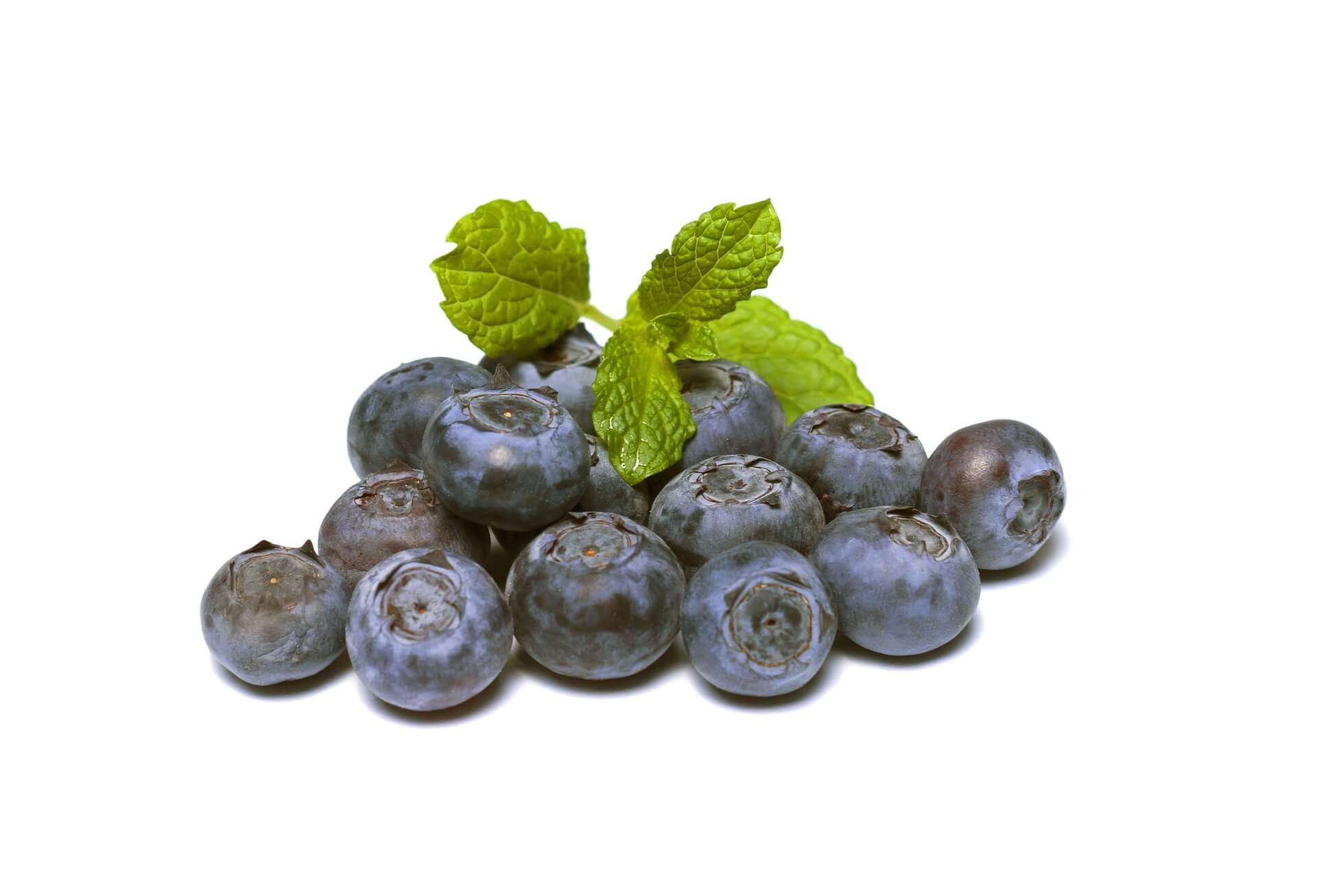
Banana
View Banana productsBenefits
Lower blood pressure: This Superfruit is loaded with potassium, which can lower your blood pressure.
Increased metabolism: Banana is one of the best sources of resistant starch, a healthy carb that fills you up and helps to boost your metabolism.
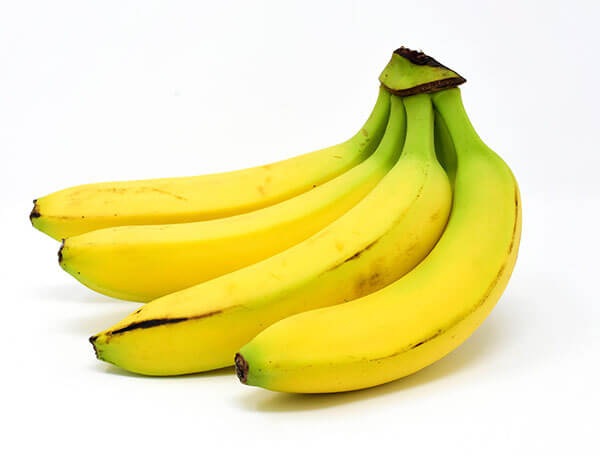
Cherry
View Cherry productsReduced cholesterol: Cherries are one of Glassman’s unsung heroes of the Superfruit world. They owe their deep red color to an antioxidant called anthocyanin, which can reduce inflammation and lower triglyceride and cholesterol levels. In a recent study, University of Michigan researchers found that giving cherries to lab rats reduced two common markers of blood vessel inflammation by up to 50%. The cherry eaters also gained less weight and experienced big drops in cholesterol.
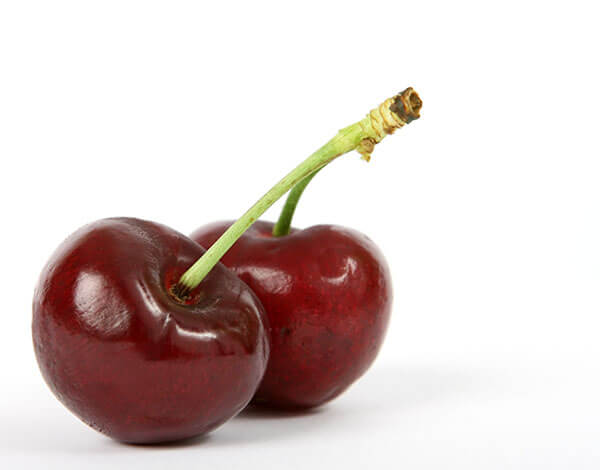
Cranberry
View Cranberry productsReduces Urinary Infections: These tart little berries are Superfruits, but especially for women. They may prevent urinary-tract infections.
Potentially helps with cancer treatment: Cranberries might help fight a far scarier disease: ovarian cancer. According to a new Rutgers University study, cranberries can boost the effectiveness of chemotherapy drugs used to fight ovarian cancer (at least in laboratory culture dishes) and may slow the growth of some cancer cells.
Increases good cholesterol: A study has found that people who drink a glass of unsweetened cranberry juice each day raise their HDL, or good cholesterol, by 10%.
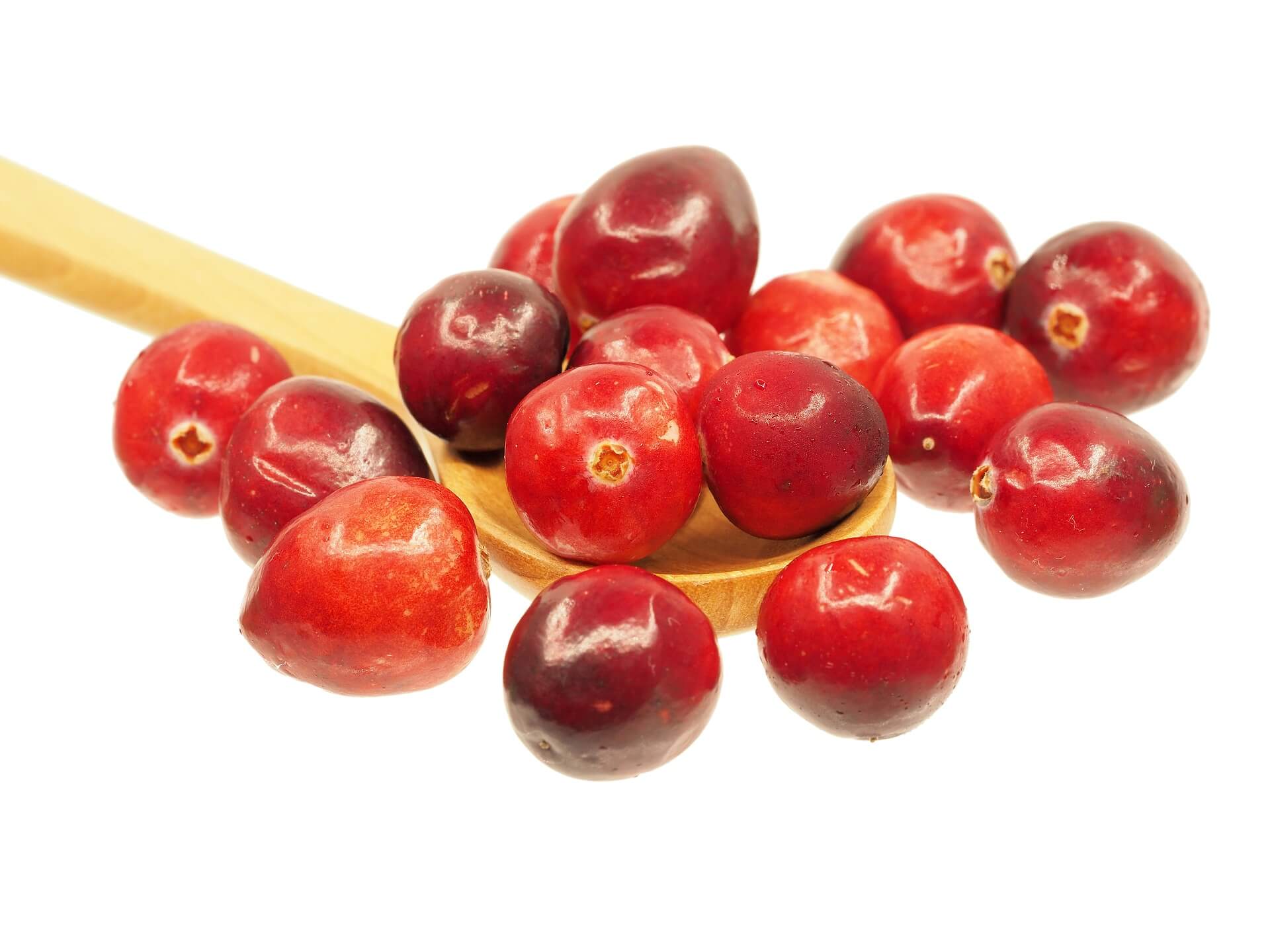
Strawberry
View Strawberry productsHigh in Vitamin C: Strawberries are bursting with vitamin C; just a cup full and you’ve already reached your recommended daily intake.
High in Folic Acid: They are also an excellent source of folic acid, which can help protect your heart.
Helps whiten teeth: Crush a strawberry to a pulp, then mix with baking soda until blended. Spread the mixture onto your teeth and leave on for 5 minutes. Reapply once a week.
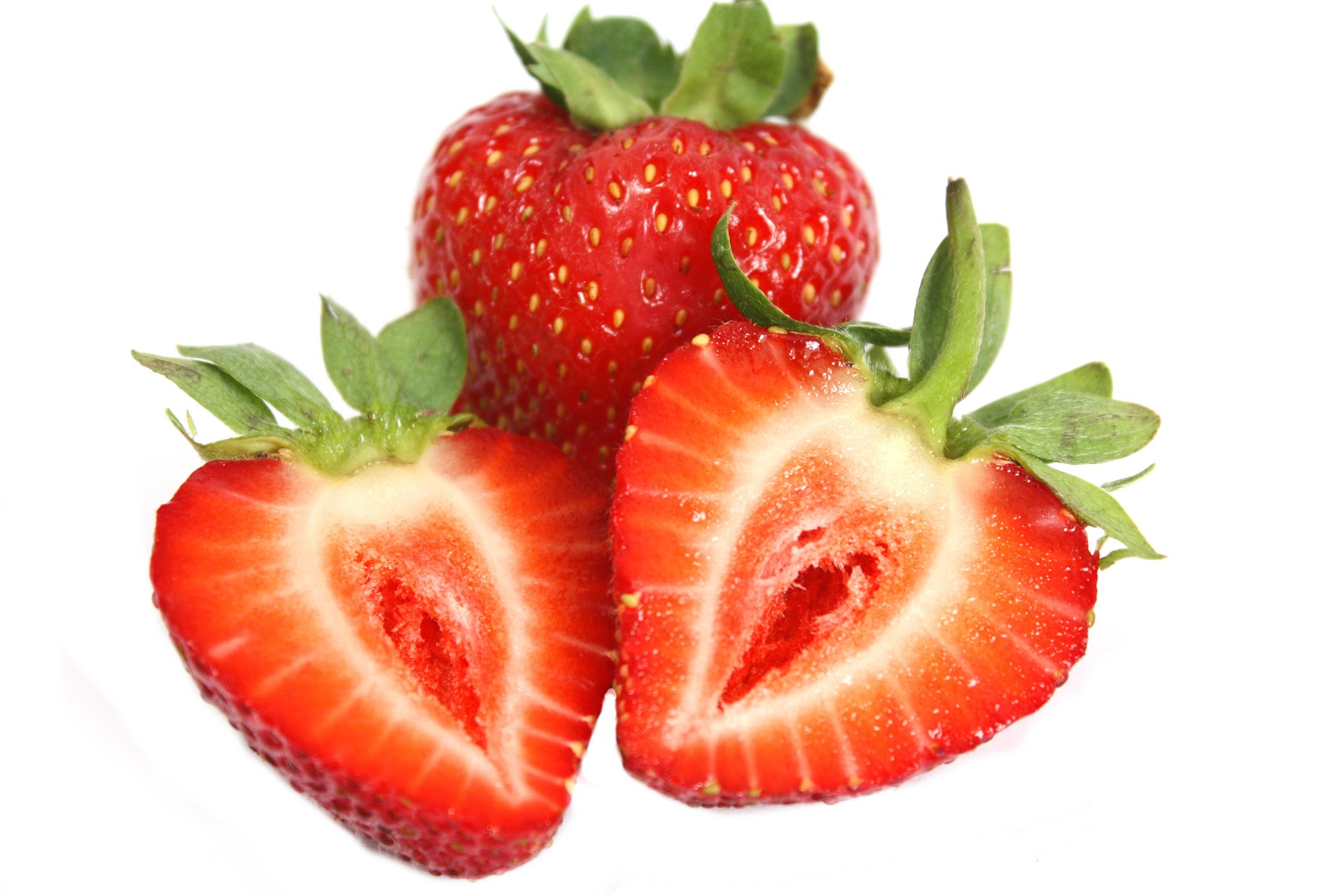
Reviewed by Natalie Goh, chief dietitian at Mount Elizabeth Hospitals
References
www.livestrong.com/blog/10-superfruits-eat-better-health/
www.livescience.com/35968-superfruit-pomegranate-acai-gogi-health-benefits.html
www.webmd.com/alzheimers/news/ 20060804/alzheimers-apple
www.livestrong.com/article/322290-top-10-healthiest-fruits-vegetables
www.healthline.com/health/7-best-things-about-kiwi
